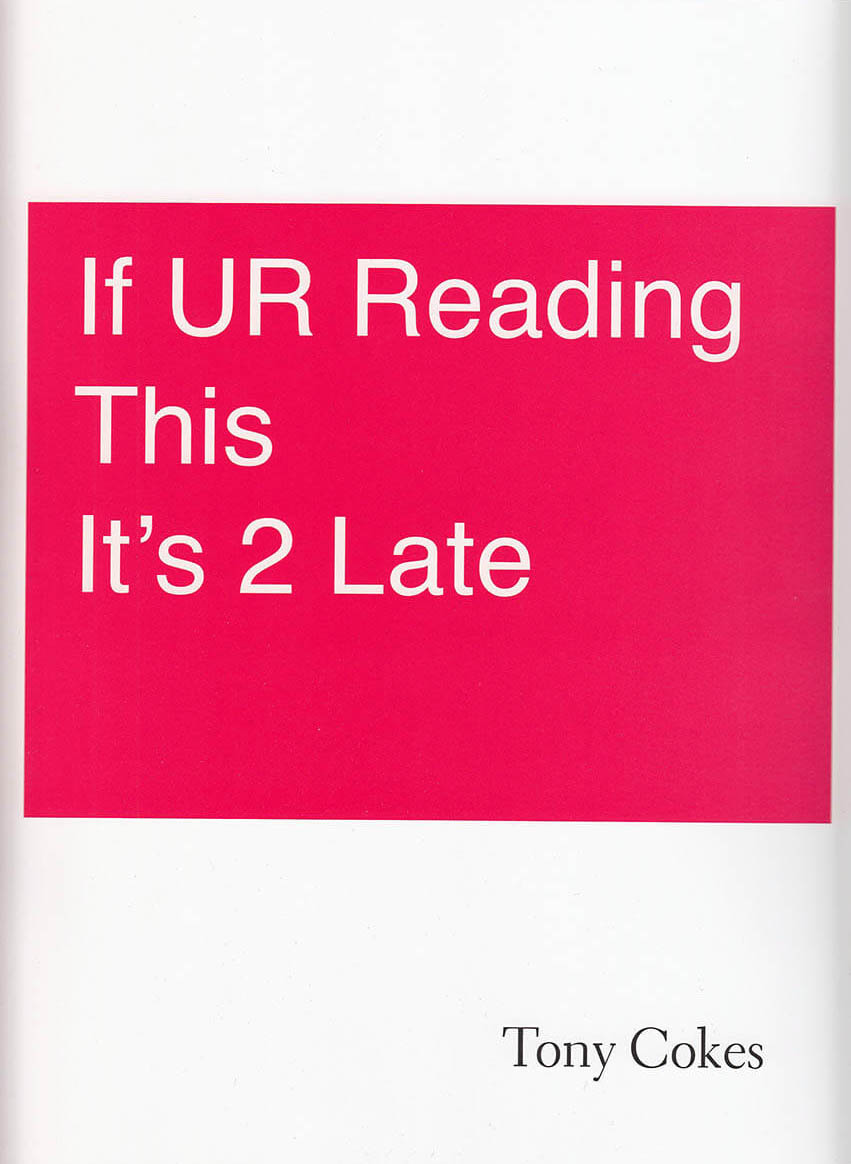
Postcapitalist Desire: The Final Lectures
Mark Fisher ed., Matt Colquhoun ed.
A collection of transcripts from Mark Fisher’s final series of lectures at Goldsmiths, University of London, in late 2016.
Edited and with an introduction by Matt Colquhoun, this collection of lecture notes and transcriptions reveals acclaimed writer and blogger Mark Fisher in his element — the classroom — outlining a project that Fisher’s death left so bittersweetly unfinished.
Beginning with that most fundamental of questions — “Do we really want what we say we want?” — Fisher explores the relationship between desire and capitalism, and wonders what new forms of desire we might still excavate from the past, present, and future. From the emergence and failure of the counterculture in the 1970s to the continued development of his left-accelerationist line of thinking, this volume charts a tragically interrupted course for thinking about the raising of a new kind of consciousness, and the cultural and political implications of doing so.
For Fisher, this process of consciousness raising was always, fundamentally, psychedelic — just not in the way that we might think…
Edited by Matt Colquhoun
Published 2021
Language: English






